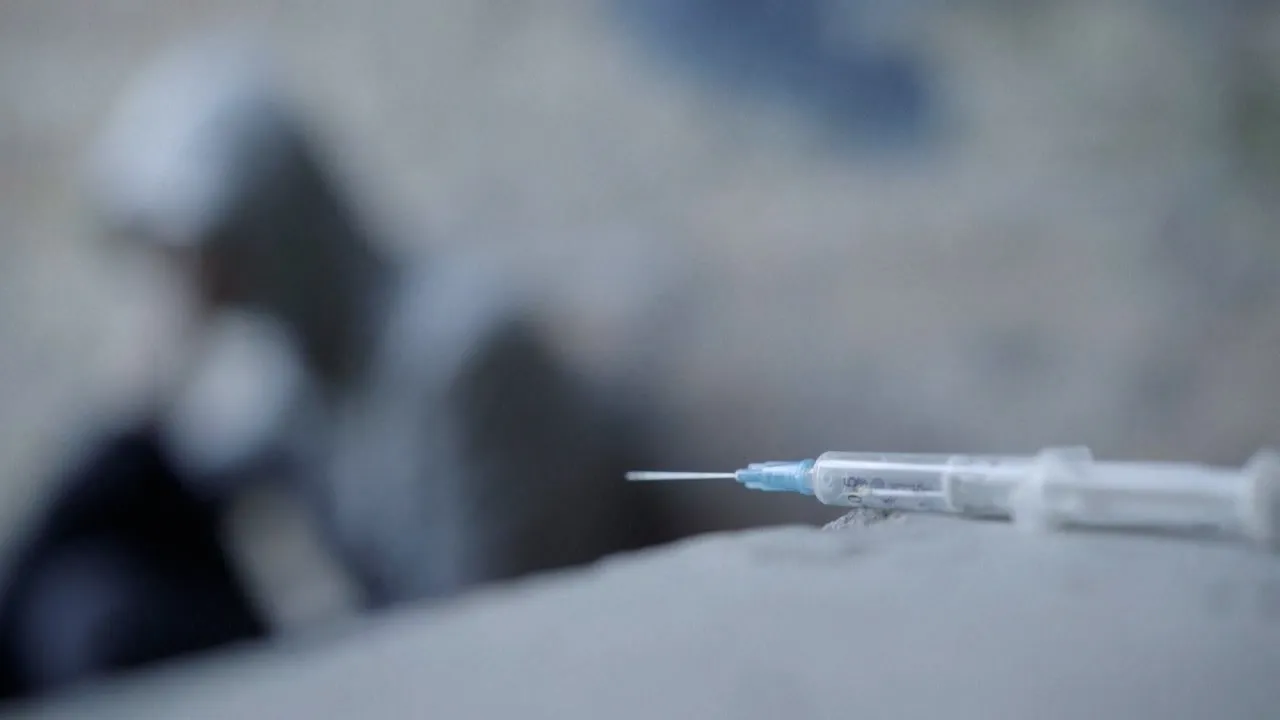Tennessee’s Good Samaritan Law: Advocates Push for Unlimited Immunity for 911 Calls During Overdoses!
When it comes to saving lives, should there be limits on legal protections? In Tennessee, advocates are pushing for a change to the state’s Good Samaritan Law, aiming to provide more comprehensive protection for those who call 911 during a drug overdose.
Tennessee’s Good Samaritan Law, established in 2014, was designed to protect individuals from legal consequences when they call 911 in an emergency. This law grants civil and criminal immunity to those who seek help during emergencies. However, the law has a limitation for drug overdoses: it offers immunity only once.
Mary Linden Salter, the executive director of the Tennessee Association of Alcohol, Drug, and Other Addiction Services (TAADAS), explained that while the law provides a “one-time-only pass” for immunity, it doesn’t cover repeated instances. This means that if someone calls 911 more than once during separate overdose incidents, they could potentially face legal trouble.
Salter pointed out that this limitation can discourage people from seeking help in emergencies. She said, “People who witness overdoses often fear they will be arrested for having drugs or drug paraphernalia.
They worry that the person overdosing might also be charged.” This fear of arrest can lead to people not calling 911 at all, which can have tragic consequences.
Salter emphasized that the risk of legal trouble is enough to keep people from making the call. “People are afraid to call 911, and people die in those situations,” she noted. The hesitation to seek help due to the fear of arrest has become a serious concern.

During the last legislative session, Jessica Francis shared a heartbreaking story about her sister, Brittany, with lawmakers. Francis revealed that someone witnessed Brittany’s overdose but chose not to call 911. Instead, they left Brittany behind, leading to her death.
In response, Francis proposed Brittany’s Law, which would have made it a Class B Misdemeanor for not calling 911 in the event of witnessing a drug overdose. Instead of jail time, offenders would have been required to undergo recovery treatment.
Francis argued that Brittany’s Law would have made it easier to hold people accountable for not helping those in need. “We would just have to prove that they were there and did not offer help,” she said.
While Brittany’s Law did not advance past the committee stage, Salter is focusing on a different approach for the upcoming legislative session. She plans to advocate for a change that would grant blanket immunity to anyone who calls 911 during an overdose, regardless of how many times they have previously made such calls.
Salter believes that the law needs to be updated to address the evolving nature of drug overdoses and the increased risks involved. “The nature of overdoses and the risk involved has grown, and we would like to see blanket protection so that people can call 911 without fear of arrest,” she said.
Read More:
- Tragic Turn: DC Police Investigate Death of 1-Year-Old as Homicide!
- Shocking Incident: Woman Stabbed at Newark Airport Terminal!
- MPD Seeks Man in Connection with Deadly Minnesota Avenue Shooting!
TAADAS, led by Salter, will be working on legislation to expand the Good Samaritan Law when the legislative session starts in January 2025. The goal is to ensure that anyone who seeks help during an overdose is protected from legal consequences, helping to save more lives and reduce the fear that prevents people from reaching out for help.

